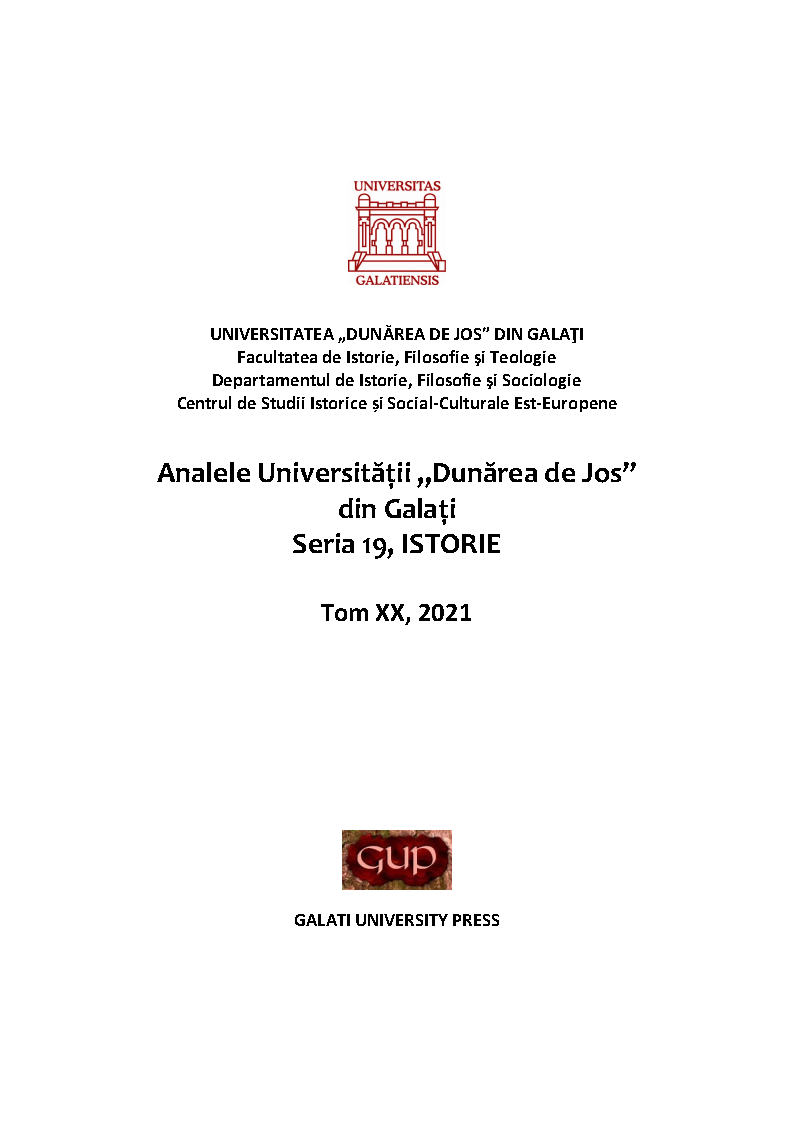OPERA ISTORICO-RELIGIOASĂ A ARHIMANDRITULUI ANDRONIC POPOVICI ÎN RAPORT CU CENZURA ȚARISTĂ
THE HISTORICAL-RELIGIOUS WORK OF ARCHIMANDRITE ANDRONIC POPOVICI IN RELATION TO TSARIST CENSORSHIP
Author(s): Ion GumenâiSubject(s): Cultural history, Local History / Microhistory, 19th Century
Published by: Galaţi University Press
Keywords: Andronic Popovici, censorship; Russian Empire; Bessarabia; monasteries;
Summary/Abstract: Censorship is known to be an essential tool for promoting and preserving a political regime. Considering that in Bessarabia and the Russian Empire, Orthodoxy is the dominant religion, and that Orthodoxy as a religious doctrine is not divisible or interpretable, this mechanism should not have been applied in this context. However, censorship as a repressive tool depended on the origin and content of the works, and obviously there was a huge difference between works endorsed by the Holy Synod of St. Petersburg and those of other states, especially those with a non-Slavic population.This paper refers to this censorship mechanism and the circumstances in which it was employed. Archimandrite Andronic Popovici, with education and experience at the school of Neamț and Secu monasteries in Moldavia, was active in Bessarabia after his leaving the region of Neamț in Moldavia, because of the secularization processes imposed by prince Alexandru Ioan Cuza.At the Noul Neamț monastery, Popovici wrote the fourth edition of the History of the Holy Neamț and Secu monasteries, which he tried to publish in Bessarabia. However, local censors rejected his book. The causes that led to the interdiction of this religious work, written by a monk and descendant of Paisie Velicikovcki, is the subject of this paper.
Journal: Analele Universităţii Dunărea de Jos din Galaţi. Seria Istorie
- Issue Year: 2021
- Issue No: 20
- Page Range: 33-49
- Page Count: 17
- Language: Romanian

